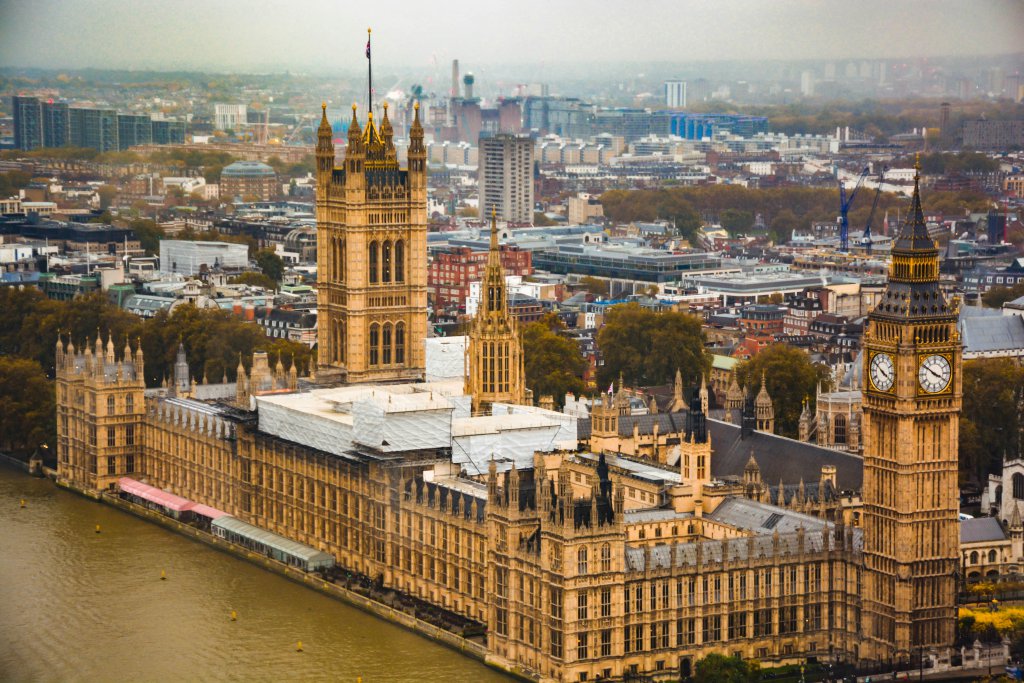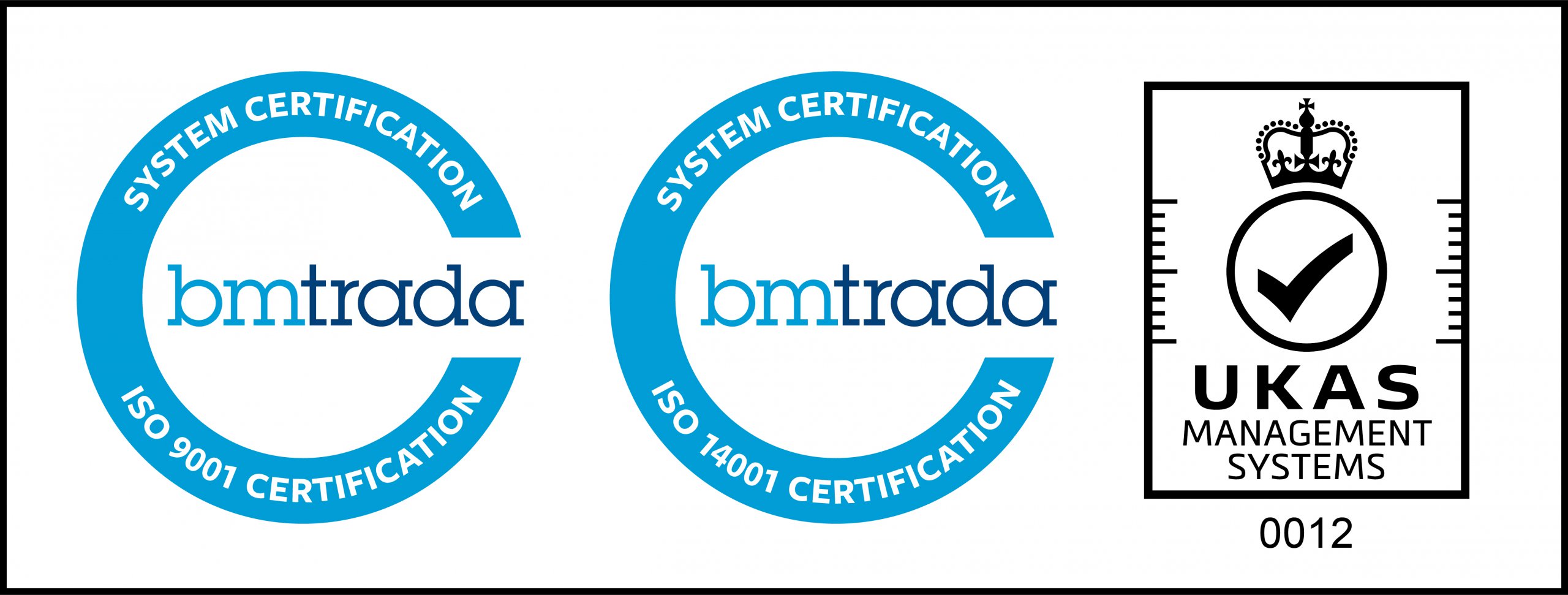The government has rejected claims that introducing extended producer responsibility (EPR) for packaging will add £60 a year to food costs and contribute to the cost of living crisis.
The government plans to roll out EPR from 2024, when producers are meant to begin paying for the full cost of managing packaging waste from households.
In an article published in The Sun on 3 August, the Food and Drink Federation (FDF), a trade association representing the food and drink manufacturing industry, claimed the costs would be passed down to consumers.
The FDF called on ministers to pause the plans, describing the decision to do so as an “easy win”.
However, in response to the claims, a spokesperson for the Department for Environment, Food and Rural Affairs (Defra) said they “don’t recognise these figures”.
“Under EPR, the companies who put packaging on the market pay instead,” the Defra spokesperson added. “If they use less packaging, or make it easier to recycle, it will cost them less too.”
Defra claims the £60 figure assumes that all costs would be passed “directly” to consumers, while if producers used more recyclable packaging they could reduce the fees they would incur.
EPR
The government initially planned to roll out EPR in 2023 but pushed its introduction back to 2024 earlier this year.
Defra’s own estimates anticipate the introduction of EPR will increase average household expenditure by 78p per week or £41 annually.
In July, environment secretary George Eustice said in a speech to the FDF that Defra was willing to take longer on implementing EPR where he felt there was “risk”. He described introducing EPR and the deposit return scheme as “the right direction to be going in” despite them being “large and complex policies”.
Councils
Defra says the revenue generated through EPR will support better local council services and ensure that households see better collections of packaging.
Steve Read is chair of the environment board at the Association of Directors of Environment, Economy, Planning and Transport (ADEPT), a membership organisation representing directors of place from county, unitary and combined authorities.
Mr Read slammed suggestions that EPR should be abandoned as a result of the cost of living crisis, as ADEPT reiterated its view that introducing the policy would “reduce the carbon footprint of managing resources, encourage a more sustainable use of materials and minimise waste.”
“If we are serious about climate change, which is a major concern for the public, it is imperative that we introduce EPR,” Mr Read said.
“The premise that the cost of EPR has to be passed to consumers is frankly disingenuous. The industry could do much more to make better and more effective use of packaging.”

















